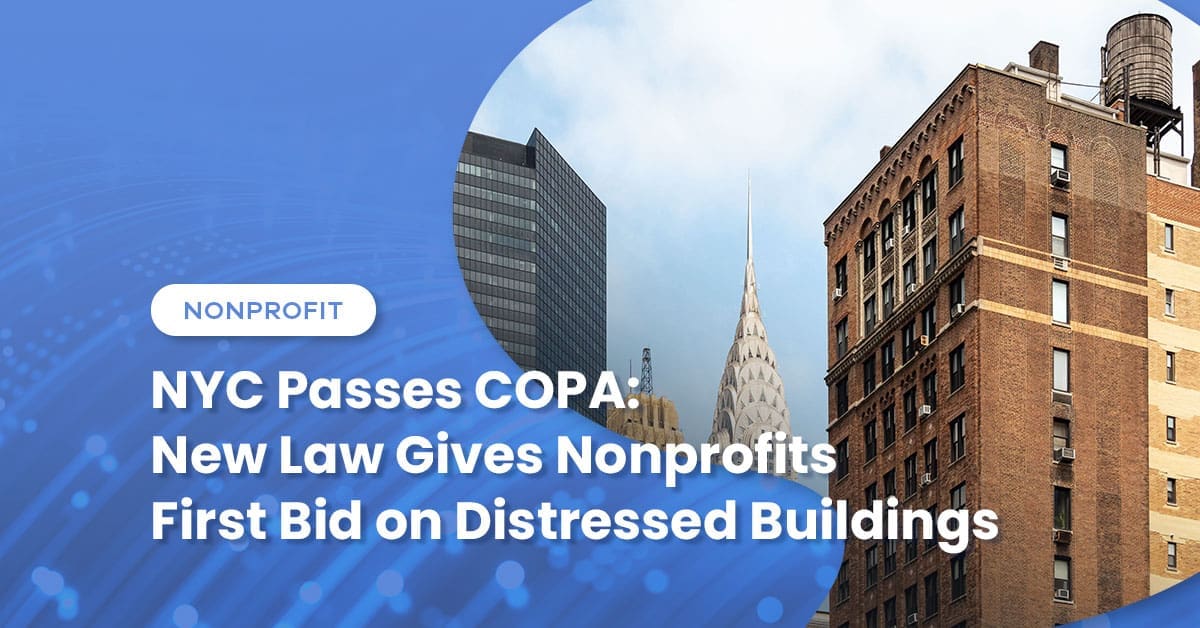By Darin Valentine
Until recently, developers seeking financing for a hotel, office building, or other project had two primary options to obtain most of the funding for their project: Take out an interest-bearing loan, or find a large investor willing to fund the project in exchange for significant equity. But in 2012, a new law opened the door to another source of real estate financing — crowdfunding.
Real estate crowdfunding allows developers to tap into a larger pool of investors, anywhere from a few dozen to a few thousand. Each investor contributes a smaller sum of money than a traditional investor would, and in return, receives a smaller percentage of equity in the project. These investors become limited partners, with no voting rights.
Still a relatively new concept, the real estate crowdfunding arena continues to evolve, with some recent changes to the rules governing the types of investors who may participate. By understanding these changes and how crowdfunding works, developers can determine if it’s the right funding choice for them — or they may realize that the effort and ongoing reporting requirements are not worth the funds they are ultimately able to raise.
Early crowdfunding
As established by the Jumpstart Our Business Startups (JOBS) Act, which legalized the online solicitation of investments, real estate crowdfunding rules originally stipulated that only accredited investors were permitted to participate. Generally, to be an accredited investor, one must have $200,000 in individual annual income (or $300,000 in joint annual income with a spouse), or more than $1 million in net worth. (Certain other restrictions and rules apply.)
Newer developments
In May 2016, the Securities and Exchange Commission issued new regulations (commonly referred to as Regulation Crowdfunding) that opened up crowdfunding to nonaccredited investors. The new rules enable developers to raise $1 million from nonaccredited investors in any 12-month period, although the investor is limited as to how much he or she can contribute based on annual income and net worth. The amounts nonaccredited investors can contribute are much lower than accredited investors.
A word of caution
Since the advent of crowdfunding less than five years ago, more than 100 crowdfunding platforms have become available online, and that number continues to grow. Not all platforms are created equally, however, so it’s important for developers to vet the platforms they are considering via online reviews and word-of-mouth recommendations from trusted contacts in the industry
In addition, the company must register with the SEC before the offering, and certified financial statements may be required for developers to participate in crowdfunding, and those taking advantage of the newly relaxed restrictions regarding nonaccredited investors will encounter ongoing disclosure requirements that may make the process more onerous.
By understanding the intricacies and requirements involved in crowdfunding, developers will be better equipped to determine if it is the right choice for funding their projects.
Darin Valentine, CPA, is an Audit Manager in the Real Estate Accounting & Construction Group at Wiss & Company, LLP. If you would like to get in contact with Darin, you may reach him at [email protected] or at 973.994.9400.

 Previous
Previous




